I want to thank Henry_Kuska of Ohio, a grower of 1,000 roses, who posted in 2009 about soil bacteria and the suppression of black spot. He listed Trichoderma, Streptomyces, Bacillus, and Pseudomonas. I checked them: Trichoderma and Streptomyces are soil bacteria, Bacillus and Pseudomonas are found in horse manure.
My B.S. degree is in Computer Science, but my favorite class was microbiology. It's second to roses. I like pictures of roses more than bugs. I appreciate all your pics in the rose gallery. There's a website on beneficial Lactobacillus and Bacillus bacteria isolated from horse feces could inhibit growth of pathogens: http://www.ars.usda.gov/research/publications/publications.htm?seq_no_115=210233
It's the same principle as probiotics in yogurt helps with yeast infection in human. There's another website on the suppression of BOTH pathogens and pests by soil bacteria: http://www.unil.ch/dmf/page16860_en.html
And this website on fungal infections suppression by soil bacteria: http://www.wur.nl/UK/newsagenda/news/Soil_bacteria_plant_bodyguards_against_fungal_infections_.htm
The most interesting research is how pseudomonas fluorescens in manure can suppress plant pathogens. Chicken manure is best, and least is cow manure. Pseudomonas fluorescens is the bacterium that makes the greenish sheen on your deli roast beef.
Here's the horse manure composition listed by http://esc.rutgers.edu/publications/stablemgt/E307.htm
From an average out of 30 samples, they are: pH 8 to 8.7 (stables use lime to deodorize their stalls). N of 0.8, P of 0.55, K of 1.19. Calcium of 1.13, Manganese of 135, Zinc of 52, Magnesium of 0.26, and Iron of 3614. I find this super-high iron content and low magnesium to be interesting.
The above explains why the large public rose park nearby DO NOT use mulch, it's just bare dirt. That's why the British paper advised against tree bark mulch, but rather top-dress with horse manure against black spot. Vermicillium Wilt spores breed after 1 day of saturated soil, and black spot spores breed after 7 hours of wet leaves. From my experience horse manure dries fastest after a heavy rain, and the soggiest is lawn clippings, followed by tree bark. This explains why our tomato garden is lousy this year, top-dressed last fall with lawn clippings, left over the winter to breed spores. Other years we put fresh lawn clippings in May, rototile into the soil with cow manure and had zero fungal diseases, just a great crop of tomato.


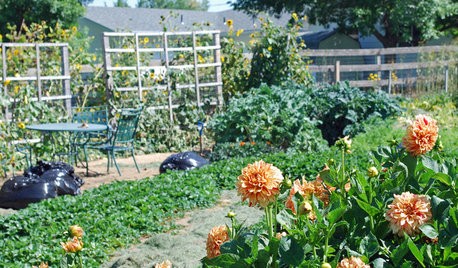
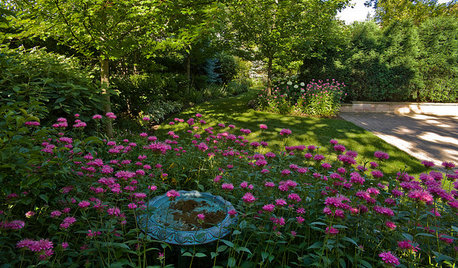



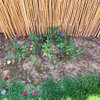
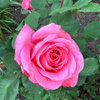
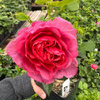
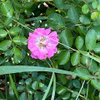
roseseek
Tessiess, SoCal Inland, 9b, 1272' elev
Related Discussions
Effect of Neem oil on beneficial bacteria in Veggie garden
Q
Interesting info. for organic rose growers
Q
Fix my soil/fungus/bacteria issues please!
Q
Where can you get Cheap Natural Fertilizers and Soil Amendments?
Q
susan4952
roseseek
Tessiess, SoCal Inland, 9b, 1272' elev
elks
strawchicago z5Original Author
strawchicago z5Original Author
strawchicago z5Original Author